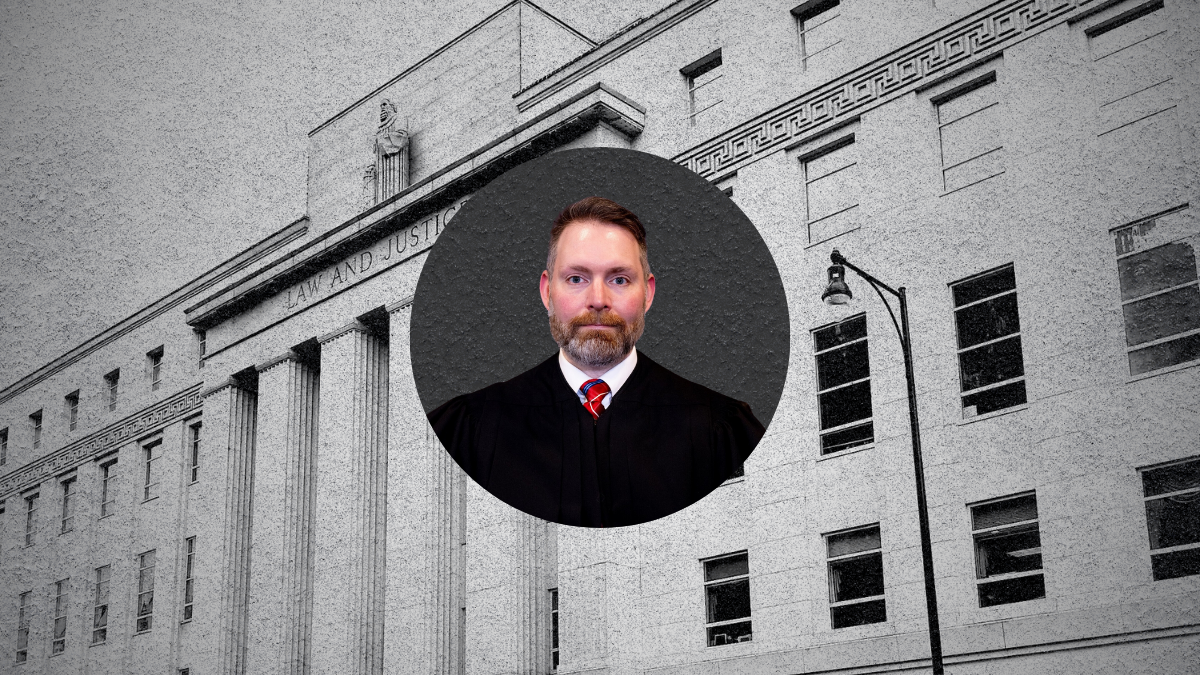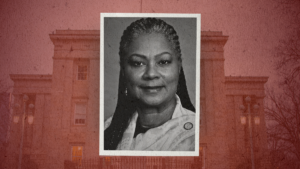Source: NBC News
In a 4-2 vote, the NC Supreme Court ruled to prevent the State Board of Elections from certifying a race for North Carolina’s highest court, where Democratic Justice Allison Riggs holds a lead over Republican Jefferson Griffin.
A full machine and a partial hand recount confirmed Riggs’ victory, but Griffin refused to concede. Instead, he has filed hundreds of legal challenges across all of North Carolina’s 100 counties, claiming that nearly 60,000 people voted illegally. The Supreme Court’s decision will allow justices to hear a challenge from Griffin that seeks to throw out 60,000 ballots over two months after they were cast.
The lone Republican dissenter, Justice Richard Dietz, argued that intervention by the judiciary close to an election “becomes inappropriate because it can damage the integrity of the election process,” calling Griffin’s efforts “post-election litigation that seeks to remove the legal right to vote from people who lawfully voted.”
Dietz also warned that the court order “invites incredible mischief” because it will “lead to doubts about the finality of vote counts following an election, encourage novel legal challenges that greatly delay certification of the results, and fuel an already troubling decline in public faith in our elections.”
On a heavily conservative court, Dietz’s break from his peers is noteworthy. Dietz was appointed to the NC Court of Appeals by Republican Gov. Pat McCrory in 2014. In 2022, he won election to the Supreme Court as a Republican, maintaining a firm conservative framework in his opinions. As a nod to his conservative principles, he cited another conservative justice in his dissent, Supreme Court Justice Brett Kavanaugh, to support his argument that when “an election is close at hand, the rules of the road should be clear and settled.”
The filing deadline for all briefs in the case is Jan. 24, presumably delaying certification of Riggs’ victory for at least a few more weeks.





